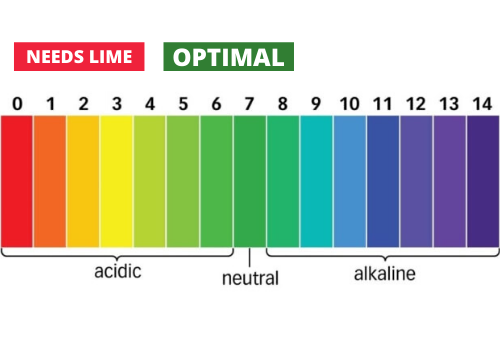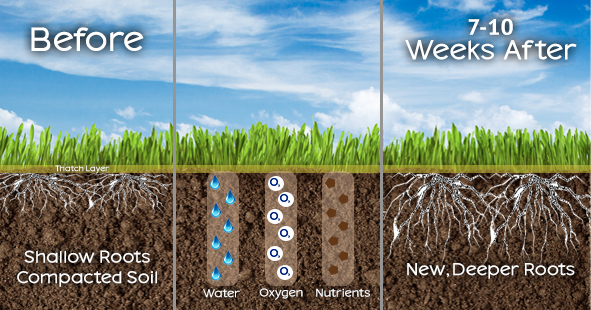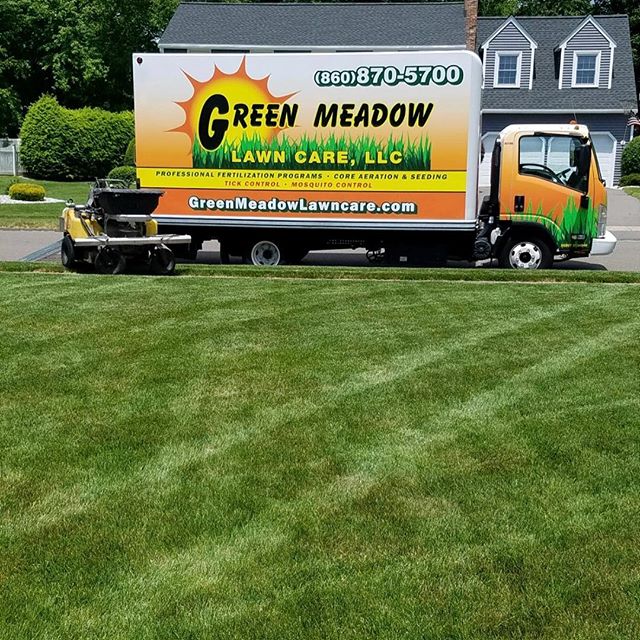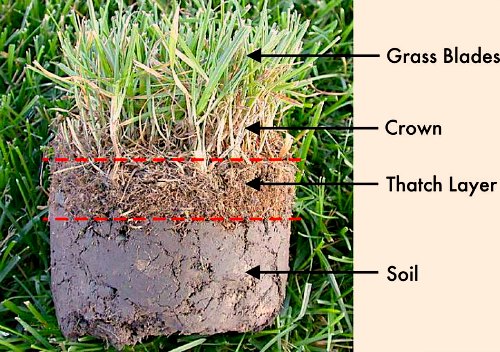How to Test My Soil pH - [Signs that my Lawn is too Acidic or Alkaline]
Topics: Fertilization, Summer Lawn Care
Summer Lawn Care Tips - Preparing My Yard for Summer
Summer can be a very stressful time of year for your lawn with threats of heat and drought. Many of you have worked hard on your lawns in spring and now it's time to maintain the work you have already done.
Topics: Weeds, Fertilization, Crabgrass, Lawn Tips, Summer Lawn Care
What's in a Full Lawn Care Program?
In my now 13 years as a Lawncare Specialist and business owner, I have seen many different types of Lawncare Programs. Partial, Weed & Feed, 4-Steps and so on...
Putting together a Full Lawncare Program can be overwhelming but we can ease your mind and help to answer any questions you might have. Below you will read about some key components that make up a highly effective Full Lawncare program.
Topics: Choosing a lawn care company, Weeds, Mosquito, Fertilization, Tick Control
You just seeded your lawn....now what?!
Your lawn care company has provided you with a seeding service - now what?! How do I make sure I am maintaining my lawn and that this service will not go to waste?!
Having a beautiful lawn is a great investment, one that can increase the value of a home (up to 20% !).
Seeding is an important step to take in helping the growth of a healthy, green lawn. Below you will find all the information you need about the seeding process and steps to take in caring for your newly seeded lawn.
Topics: Lawn care, Grubs, Weeds, Fertilization
Raking/Dethatching:
The 1st step in preparing your lawn for spring is to clean up any debris that is lying around the yard (sticks, leaves, plow damage, thatch, etc).
Thatch is a layer of both living and dead grass shoots/roots/stems that builds up between your soil and grass blades that can be eliminated by raking or dethatching your lawn (see below).
Rake as many times as needed to achieve a thatch layer of ½ inch or less or hire a professional landscaping company to do this for you. Anything greater than ½ inches of thatch can be unhealthy for your lawn.
A thick layer will restrict the amount of nutrients and water that your grass roots will be able to absorb.
Raking and dethatching can begin any time after your snow season is complete.
Topics: Choosing a lawn care company, Weeds, Fertilization, Spring Lawn Care





